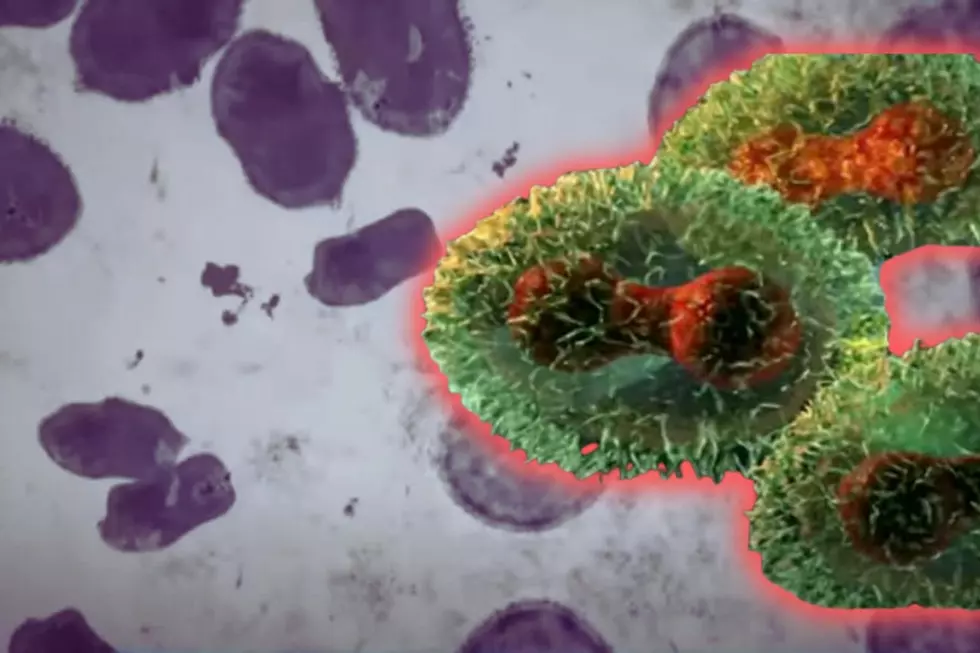
First Death in Texas Caused by Confirmed Case of Monkeypox: Now What?
For most people, being infected with Monkeypox is painful, but not life threatening.

Now less than three months after the first case of the disease was reported in Texas, the Texas Department of State Health Services has confirmed the first death of a person diagnosed with Monkeypox in the state, according to KWTX.
What is Monkeypox?
The Centers for Disease Control and Prevention states that Monkeypox is a rare disease caused by infection with the monkeypox virus. Monkeypox is not related to Chickenpox, but is part of the same family of viruses as variola virus, the virus that causes smallpox.
Symptoms of Monkeypox
Symptoms of having Monkeypox can include:
- Fever
- Headache
- Muscle aches and backache
- Swollen lymph nodes
- Chills
- Respiratory symptoms (sore throat, nasal congestion, or cough)
- A rash that can look like pimples or blisters that appears on the face, inside the mouth, and on other parts of the body, like the hands, feet, chest, genitals, or anus. The rash goes through different stages before healing completely. The illness typically lasts 2-4 weeks.
Sometimes, a rash can come first, followed by other symptoms. Others only experience a rash.
How Do You Get Monkeypox?
Health experts say Monkeypox is a preventable disease that spreads through close contact with an infected person. To help prevent spreading disease, it is recommended that you do not share cups, utensils, bedding or towels with someone who is sick. You should also avoid close contact with anyone who has a new, unexplained rash and stay home if you feel sick.
Where Did the Texas Patient Live?
According to officials, the adult patient in Harris County was had a severely weakened immune system. Those who have compromised immune systems are particularly at risk for complications of the disease. No further information about the patient is being shared at this time to respect the family’s privacy.
People who have been exposed to a known case of Monkeypox are eligible to be vaccinated against the disease. DSHS is posting the latest information, public guideliines, health care providers, and updated case counts at dshs.texas.gov.


